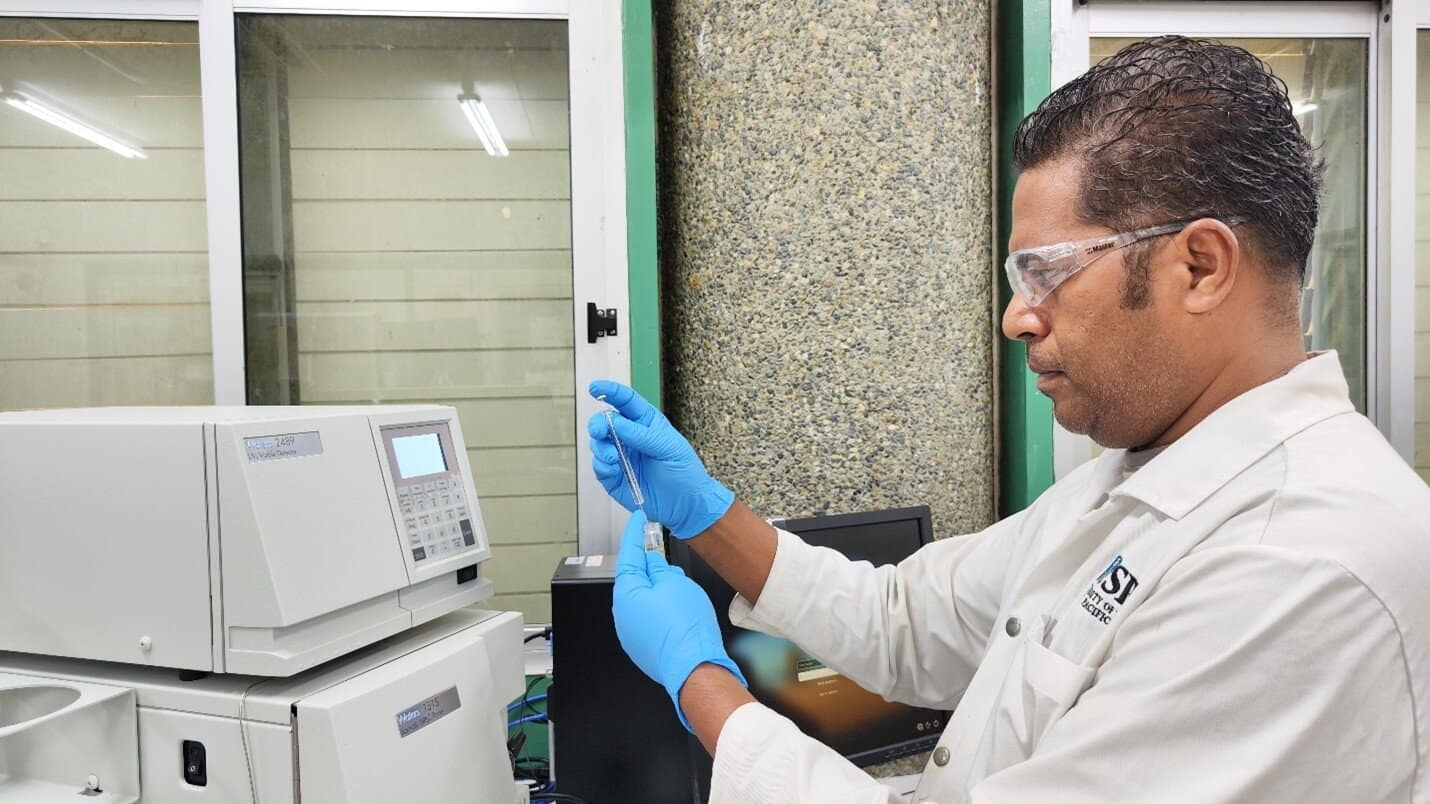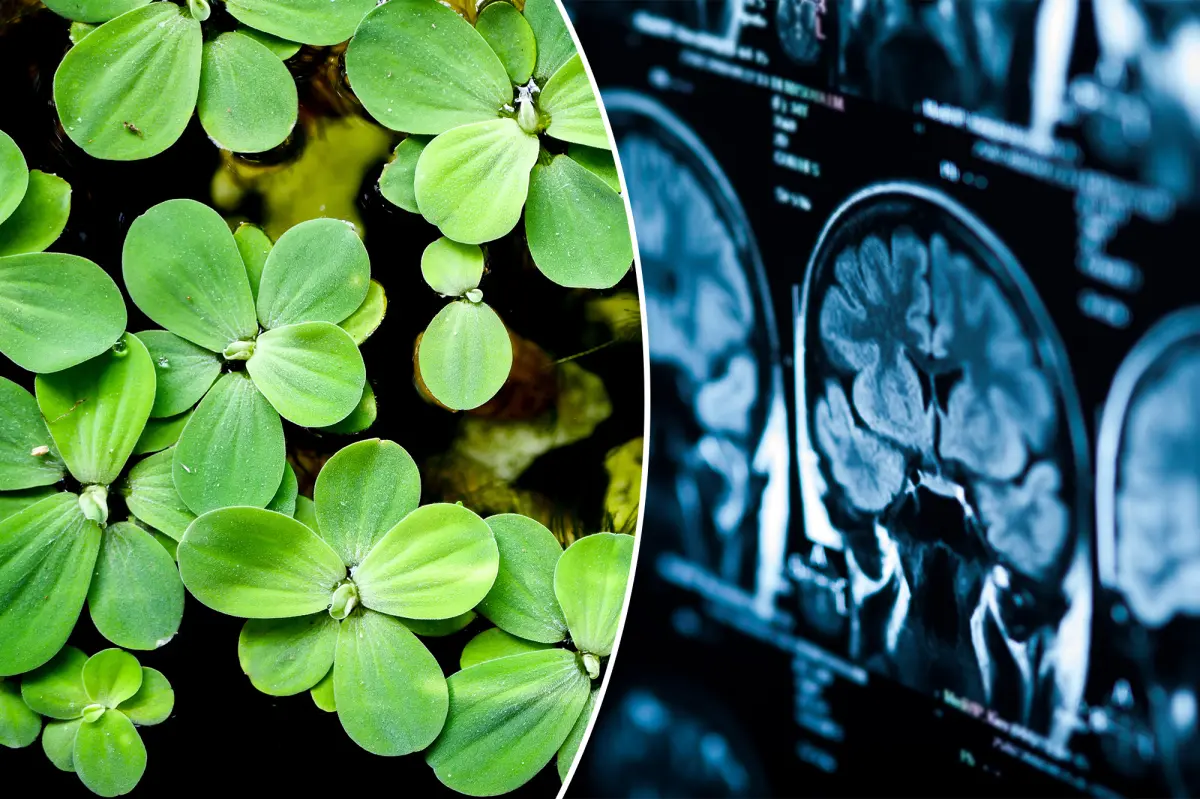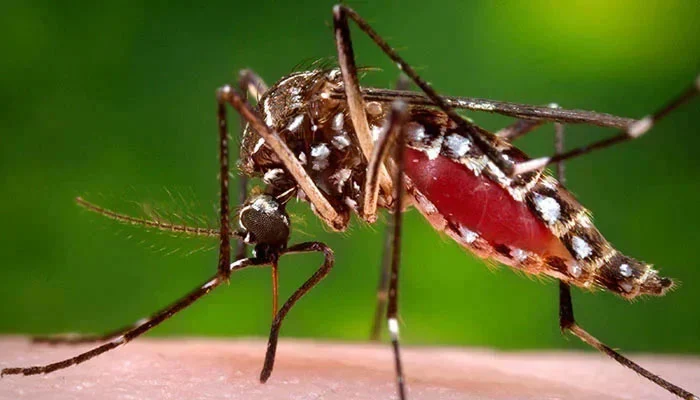Copyright islandsbusiness

The Pacific Islands are rich in edible biodiversity, yet face significant challenges related to nutrition, food security, and reliance on imported processed foods. As climate change and shifting lifestyles continue to impact traditional food systems, there is an urgent need to reconnect with native and underutilised foods. The Periodic Table of the Food Initiative (PTFI) project at The University of the South Pacific (USP) is positioned to play a critical role in documenting, analysing, and promoting the nutritional richness of local food sources. This contributes directly to healthier diets and more sustainable food practices in the region. Led by the Centre for Sustainable Futures’ (CSF) Institute of Applied Sciences (IAS), the PTFI project is funded by various partners, including the Rockefeller Foundation, the Foundation for Food and Agriculture Research, Seerave Foundation and the Bill and Melinda Gates Foundation, among others. Its goal is to build a global database of the biomolecular composition of foods—an essential tool for addressing the rise of diet-related diseases, which account for one in five deaths worldwide. Through the project, USP has been recognised as one of nine global Centres of Excellence (CoE), with a network that includes institutions from the USA, Ghana, Colombia, Thailand, the Netherlands, Mexico, Ethiopia, and Australia. Using standardised scientific tools, IAS analyses native foods such as root crops, fruits, and edible flora from Fiji, Solomon Islands, Vanuatu, and Papua New Guinea. The Edible Flora of Fiji, including many underutilised plant species, is a priority focus in this regional mapping effort. “This is more than just lab work; it’s about transforming how we understand, value, and use our traditional foods to build stronger, healthier communities,” said Dr Vincent Lal, the Principal Investigator for the PTFI Projects at USP. “The outcomes of this initiative are transformative for the Pacific, empowering food sovereignty through scientific validation of local food value and informing national nutrition policies and school feeding programmes.” “By reducing reliance on imported, nutrient-poor foods and preserving Indigenous knowledge and biodiversity, the project strengthens both cultural and nutritional resilience.” “It also builds research capacity and opens employment pathways for Pacific youth. Through the PTFI, the region is not only preserving its past but also investing in a healthier, data-informed future where edible biodiversity supports food security and community well-being.”.



